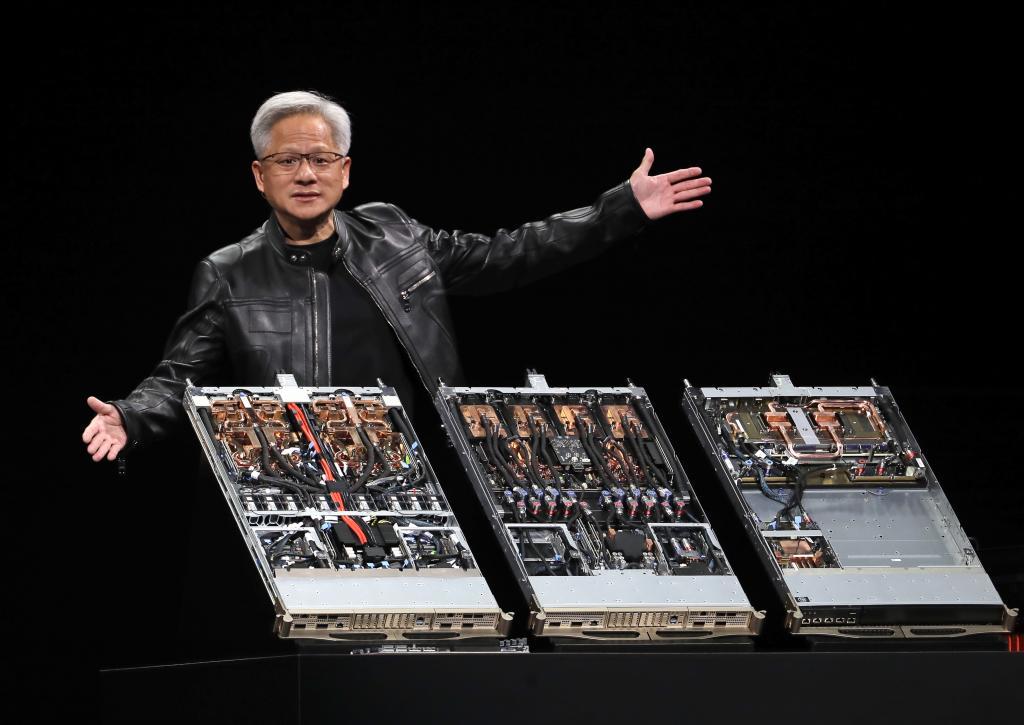In a surprising twist in the US technological crusade against China, President Donald Trump, amidst trade negotiations with Beijing, lifted some long-standing restrictions allowing Nvidia, a leader in AI chips, to resume sales of a new chip specifically designed for the Chinese market.
Washington eased strict export controls after the Xi Jinping government also relaxed restrictions on the sale of highly demanded magnets and rare earths, crucial for semiconductor production. Subsequently, the world's two largest economies extended their trade truce until the end of the year.
What the Trump administration probably did not anticipate was that instead of celebrating that its technological giants could finally acquire some more advanced American chips than those produced domestically, Beijing would pressure its companies to opt for Chinese-made chips.
In recent days, this has escalated: Chinese authorities have labeled Nvidia's H20 as a national security risk chip. While not explicitly banning its use by companies, they strongly discourage it.
This protectionist move by the Asian giant, as reported this week by the Financial Times, was partly prompted by a comment made in July by Commerce Secretary Howard Lutnick, which did not sit well in Beijing. Lutnick stated that the US does not export its most advanced technologies to China but that the country "will sell enough to the Chinese for their developers to become addicted to American technology."
The current restrictions imposed by Chinese authorities on purchasing the H20 also reveal a strong push towards local industry advancement in chip development. This signifies a drive towards semiconductor self-sufficiency to reduce dependence on American technology.
Last week, emerging company DeepSeek had to postpone the launch of its new model, the R2, for the second time this year as they were unable to train it using Ascend chips from Huawei. Training involves the model learning from a large dataset, but technical issues arose during this process. Consequently, the company decided to use Nvidia chips despite pressure from authorities.
Experts agree that DeepSeek's struggles in releasing their new AI model demonstrate how Chinese chips still lag behind their US counterparts. However, they also point out that Huawei may have already developed chips with performance comparable to those Nvidia can now sell to China. Although these would still be behind the most advanced processors, currently restricted by export controls.
This week, reports have surfaced that Nvidia is working on a new, more powerful artificial intelligence chip for China than the currently available H20. "We evaluate various products for our roadmap so that we can be prepared to compete as governments allow," the company responded in a statement. These new chips, as indicated by Reuters, could be ready for delivery to Chinese customers next month.
In July, Jensen Huang, Nvidia's founder, while visiting Beijing, praised China's progress in artificial intelligence and expressed his commitment to collaborating with Chinese companies.
